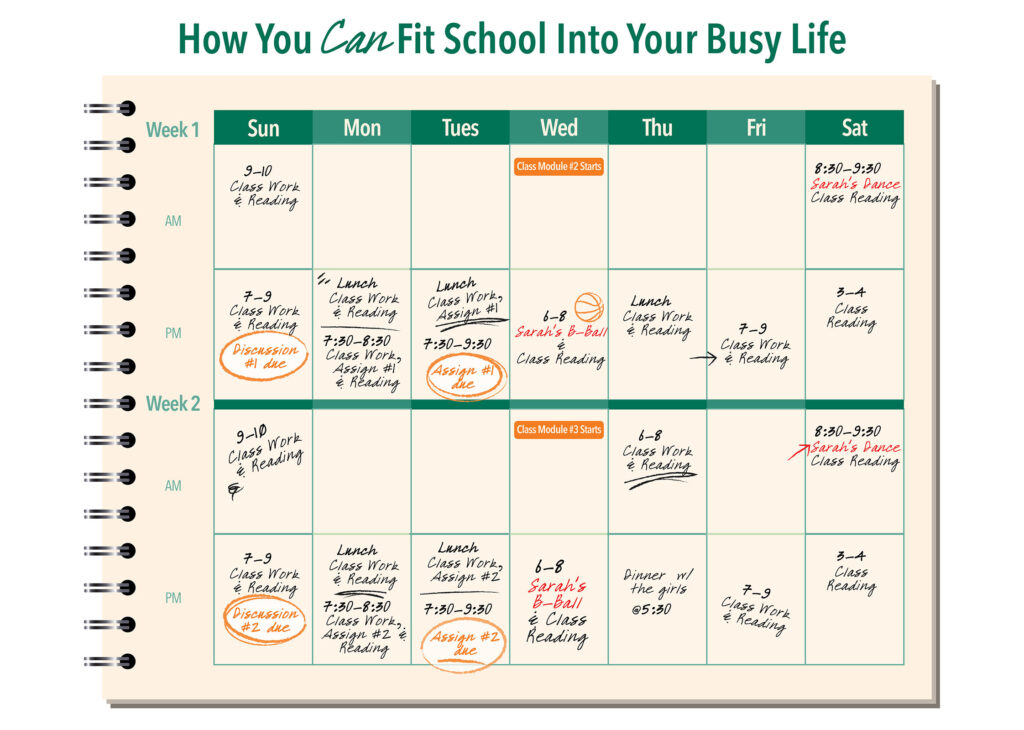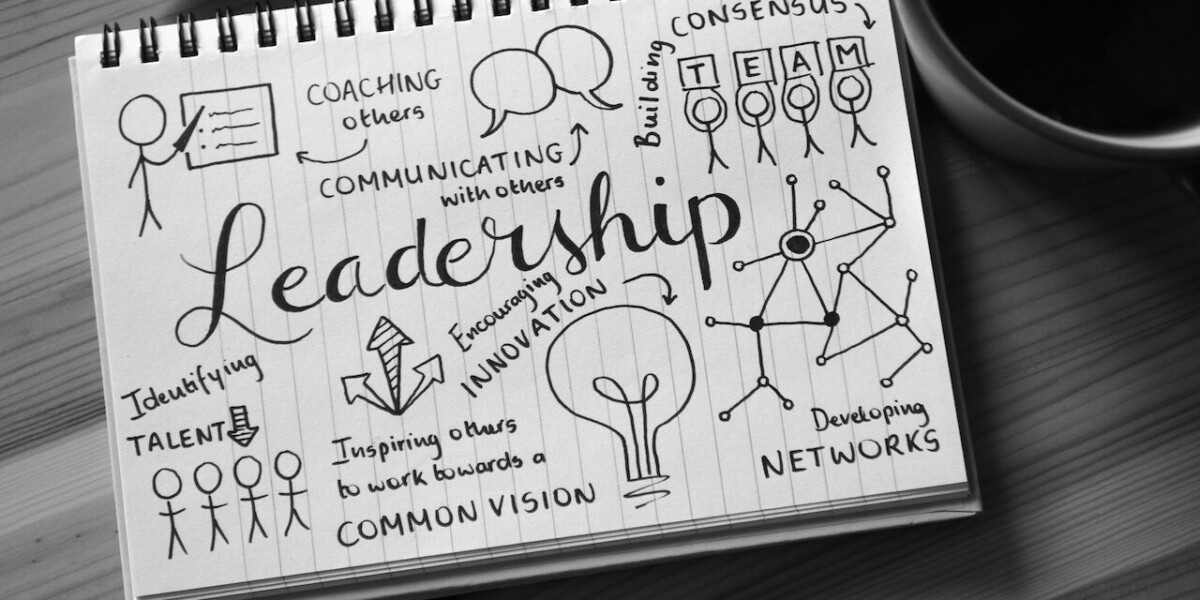By Amanda Chaulk
I have a friend I have made because our husbands work together and our sons were born 10 days apart. We bonded over baby booties and waddled into each other’s baby showers. She has been great to share stories with on the stresses of motherhood and rearing active boys. When our kids were young, I sat in awe as she took multiple classes each semester to complete her bachelor’s degree.
While I whined about not sleeping and trying to work my day job, she was doing that as well as taking tests, completing papers, and studying for art history. When I thought about going back to school, my friend was a positive role model and demonstrated that it’s possible to further education as a working parent. I felt that I could at least take a course if she could complete her entire degree. But I have learned a few things since that innocent, “if she can, I can” impetus.
Adult Learners Need to Embrace Flow
While I embraced continued learning, I was reading Jennifer Senior’s book, All Joy and No Fun: the Paradox of Modern Parenthood. She describes what psychologists refer to as “flow,” which she calls a state of being where we are “so fortified by our own sense of agency, of mastery, that we lose all sense of our surroundings.”
My return to student life was squeezed into the moments in between every other responsibility, namely my son’s schedule. It turns out that my sense of mastery of statistics cannot be willed into being at 9 p.m. or the hour of naptime on weekends. Unlike previous classes, which allowed me to put down and pick up the content, statistics mastery required more dedicated chunks of my attention to achieve a flow. I had to switch gears from study plans that were filling up my in-between times, to creating breaks in my work week with vacation days and recruiting my partner to parent solo on weekend days while I took my tests.
How I processed the information for each class I have taken has made a difference in how I have achieved success. Understanding the concept of flow has forced me to create different strategies for different classes and content. Knowing myself, I can make better plans on how to fit everything in.
Create a Support Network
Having a support network makes all the difference when a working parent decides to continue learning with a college class or certificate program. My partner and I talked in advance of signing up for each class, but I simply didn’t know how it would truly impact him. He works a different shift than I do, so we don’t often get weekend days off together. Little did either of us realize that when we did finally have the same day off during the week, we still wouldn’t be together since I would be studying or taking the exam online at my office.
Gratefully, we have taken these things in stride for the benefits my education provides us. But the short term losses are still real despite the long-term gains. I wish I had been more purposeful about planning date nights or an end-of-the-semester family trip, as sometimes it feels like just saying thanks doesn’t always feel sufficient.
Utilize the Resources of UVM
Universities are great big places designed with a lot of helpful resources. There are teaching assistants’ office hours, tutors, writing centers, and research assistants at the library, plus instructors were available remotely and were incredibly willing to help. My classmates at UVM posted comments and my coworkers who had taken a class or online certificate had tips.
Succeeding in my class did not have to be measured by my ability alone to struggle with the content. I consulted the tutors and made a buddy in class who was also taking the class for work. If only I had used the resources available at UVM to me sooner, I would have saved myself some stress.
Better Luck Next Time
Having had these experiences, I can now plan what I’ll do differently next time. I plan to find a person in my life to be my “accountability partner.” Someone who can be the gym buddy for my education, be it a coworker who relies on what I learn to impact our projects or a classmate with whom I study. That person will count on me to participate in my learning so I will have added incentive to do the work. I am going to find out my friends’ strengths in editing, understanding calculus, or making presentations.
If I can enlist others to review my work, my submissions will be stronger for it and I can spread that assistance out among my network. My boss has been an ally, so I will make sure to keep her in the loop on my progress so she can feel rewarded for supporting my efforts.
Balance is a tricky thing to define. What looks like balance for me may not be the same for everyone who attempts to go to school while working. My housekeeping has definitely suffered, but I’m grateful that no one in my house cares that much. The overachiever in me wants to truly understand each homework assignment and not do just enough to get a decent grade, but maybe balance is letting a few assignments be “good enough” for more time cleaning those dishes/children/clothing.
For whatever it is worth, I have learned to assess the course content for my ability to reach “flow,” know to plan for quality time with my family since it won’t be quantity time and will ask for help and use the resources available to me.
Learn about career-focused online certificates that are developed with working adults in mind.
Editor’s note: Amanda Chaulk previously worked as the Senior Marketing Researcher at UVM’s Professional and Continuing Education Dept. (formerly Continuing and Distance Education). This article was originally posted in 2014 and has been revamped and updated.








